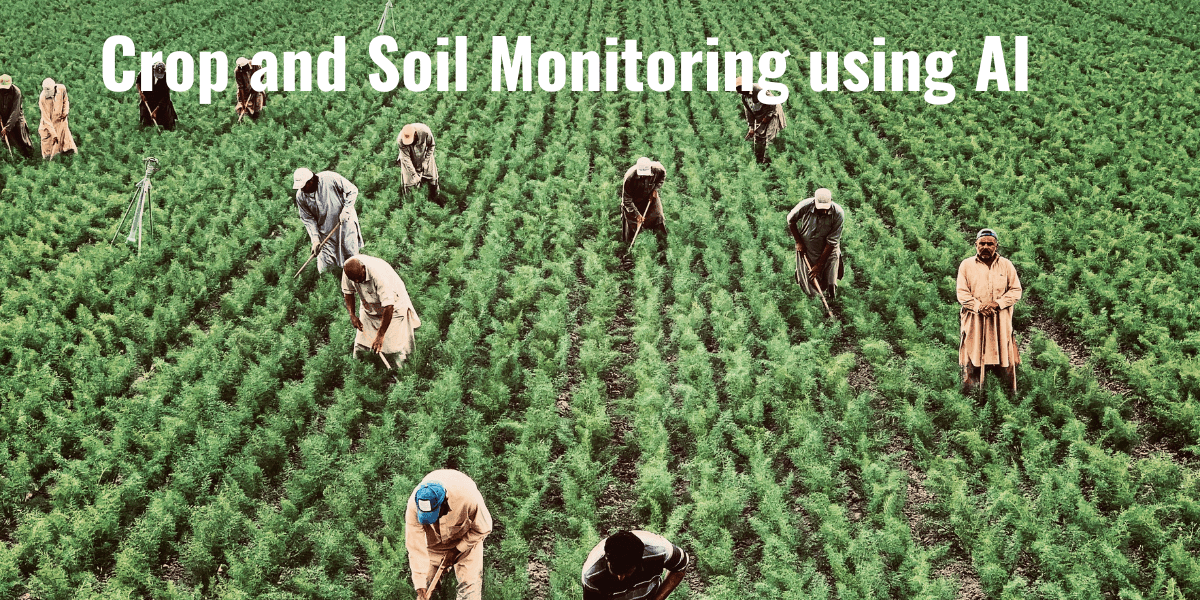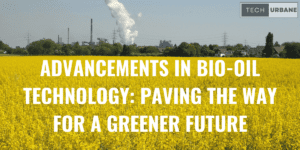Crop and Soil Monitoring using AI is a rapidly evolving field that has the potential to revolutionize agriculture. With the help of advanced technologies, such as machine learning, computer vision, and data analytics, farmers can monitor various aspects of crop growth and health with greater accuracy and efficiency than ever before.
In this article, we will provide an overview of Crop and Soil Monitoring using AI, including its benefits, challenges, and applications.
Benefits of Crop and Soil Monitoring using AI
- Improved Crop Yield: By analyzing data from various sources, such as weather patterns, soil quality, and crop growth, AI/ML algorithms can provide farmers with insights into how to optimize their crop yield. This can lead to higher profits and improved food security.
- Reduced Costs: By providing insights into how to optimize crop growth, AI/ML can help farmers reduce the use of fertilizers, pesticides, and herbicides, which can save costs and reduce the environmental impact of agriculture.
- Early Disease Detection: One of the key benefits of Crop and Soil Monitoring using AI is the ability to detect diseases and pests early on. This allows farmers to take action quickly, reducing crop damage and preventing the spread of diseases.
- Efficient Water Management: By analyzing data from sensors that monitor soil moisture levels and weather patterns, AI/ML can help farmers optimize their irrigation practices and conserve water.
- Improved Decision-Making: By providing farmers with accurate and timely data, AI/ML can help them make more informed decisions about crop management, planting, and harvesting.
Challenges of Crop and Soil Monitoring using AI
While Crop and Soil Monitoring using AI has numerous benefits, there are also several challenges that must be addressed in order to fully realize its potential.
- Data Collection: In order to train machine learning algorithms and make accurate predictions, large amounts of data are required. However, collecting and managing this data can be challenging, particularly in areas with limited connectivity or resources.
- Data Quality: The quality of data used to train machine learning algorithms is critical to their accuracy and effectiveness. Poor data quality can result in inaccurate predictions and ineffective crop management strategies.
- Integration with Existing Systems: Integrating AI/ML technologies with existing farming systems can be challenging, particularly in areas with limited technology infrastructure.
- Accessibility: Many AI/ML technologies are still in the early stages of development, and as such, may be too expensive or inaccessible for small-scale farmers.
- Trust: Farmers may be reluctant to adopt new technologies, particularly if they do not fully understand how they work or are unsure about their accuracy and effectiveness.
Applications of Crop and Soil Monitoring using AI
- Yield Prediction: One of the key applications of Crop and Soil Monitoring using AI is yield prediction. By analyzing data from various sources, such as weather patterns, soil quality, and crop growth, AI/ML algorithms can predict crop yields with a high degree of accuracy. This can help farmers plan their harvests and make informed decisions about when to sell their crops.
- Disease Detection: AI/ML can be used to analyze images of crops to detect diseases and pests. This allows farmers to take action quickly to prevent the spread of diseases and reduce crop damage.
- Soil Analysis: By analyzing soil samples, AI/ML algorithms can provide insights into soil quality and nutrient levels. This can help farmers optimize their fertilizer use and improve crop yields.
- Water Management: AI/ML can be used to analyze data from sensors that monitor soil moisture levels and weather patterns. This information can be used to optimize irrigation and conserve water.
- Weed Detection: AI/ML can be used to analyze images of crops to detect and identify weeds. This can help farmers reduce the use of herbicides and improve crop yields.
Conclusion
Crop and Soil Monitoring using AI is a rapidly evolving field,
If you want to build Mobile App and Web App for Crop Monitoring System you can contact me direct : +91-9451060092




